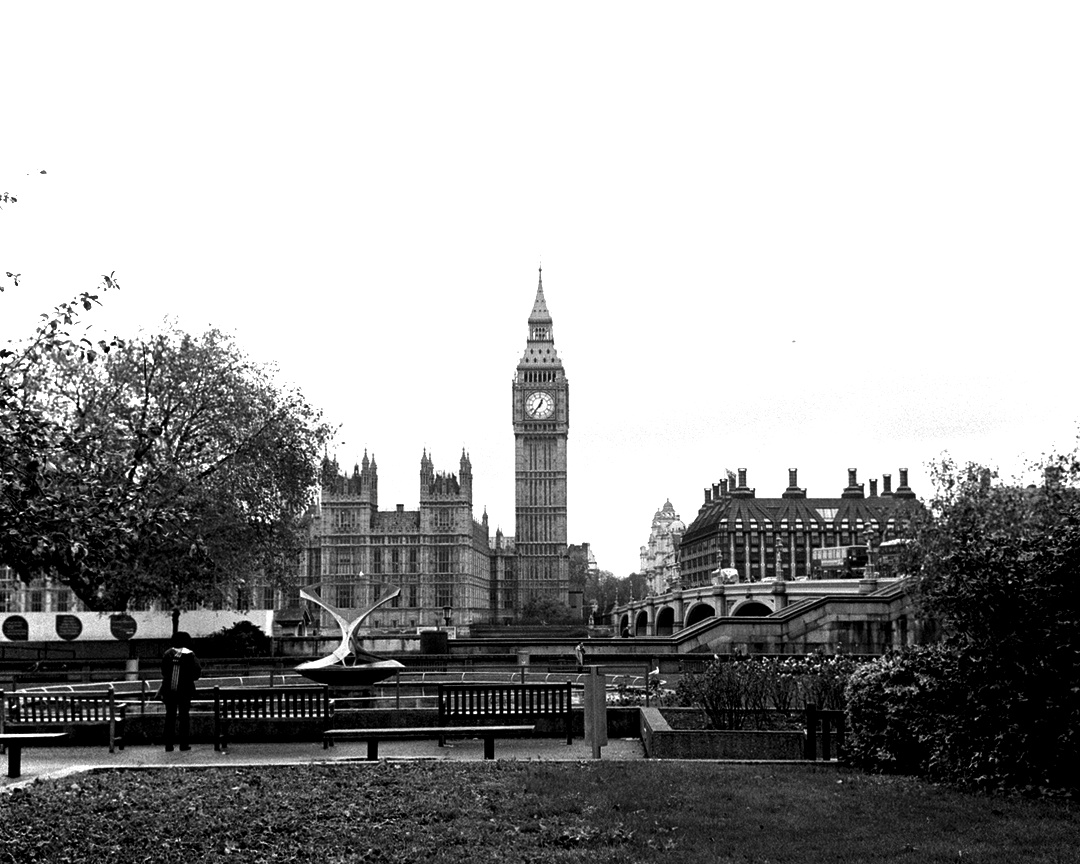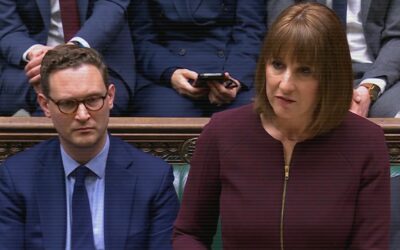On February 25th an opposition day motion gave MPs an opportunity to debate the issue of tax avoidance and evasion.
Our research into the work of digital tech companies featured prominently in the debate.
Opening the debate for the Opposition, Shadow Chancellor John McDonnell highlighted our report “Still Crazy after all these years” which estimated the top five tech companies alone had avoided £5 billion in UK tax over five years.
Our recent update to the report, which estimated that £1.3 billion had been avoided by the big five as recently as 2018, was cited by Dame Margaret Hodge MP. The MP for Barking also highlighted our recent investigation of Netflix’s profit shifting activity.
Dame Margaret said that whilst the government’s proposed digital services tax was “a tiny start” it would raise only around £400 million by 2023.
“It makes me so angry,” she said, “Because these companies are as dependent as anybody else on the services our tax provides. They need a well-educated workforce, which is provided from taxpayers’ money; they need a healthy workforce, which is provided from taxpayers’ money; and they need infrastructure—whether roads, the internet or whatever else—which is often also provided from taxpayers’ money.”
The fact that large multinational companies are not paying enough in corporation tax was a point of cross party agreement. Kevin Hollinrake, Conservative MP for Thirsk and Malton, agreed the UK was not getting its fair share of tax from the tech giants.
“We know that Google turns over about 10 billion quid in the UK, we know that its international profit margin is about 22% and that 19% corporation tax on that should be £418 million, and we know that it pays about £67 million,” he said.
Conservative MP for South Cambridgeshire, Anthony Browne, highlighted how large multinationals arrange their finances to avoid declaring profits in the UK.
He said: “What any fair-minded person objects to is aggressive tax avoidance which results in companies or people paying less tax than is clearly their fair share…. The biggest examples are multinational corporations, who frequently arrange their internal transfer pricing, often of intellectual property, to ensure that most of their profits are booked in low-tax regimes.”
He added it was “an offence against any sense of fairness, and certainly against the public purse, that incredibly profitable global companies, such as Amazon, Facebook and Google, pay minimal tax in the UK because of the way they arrange their internal finances.”
Rounding up for Labour, Anneliese Dodds MP, noted TaxWatch’s recent work on Netflix and last year’s report detailing how Rockstar Games manages to avoid substantial amounts of tax, whilst claiming cash subsidies from the government.
TaxWatch recently reported that Rockstar took 37% of all the available subsidy for UK video games production in 2018/19 despite having paid no corporation tax for four years and the fact that Grand Theft Auto V, which is produced by the company in Scotland, is being widely cited as being the most profitable entertainment product in history.
Responding to the debate on behalf of the government, Financial Secretary to the Treasury, Jesse Norman MP, defended the operation of creative sector tax reliefs and argued that larger companies in receipt of the reliefs are subject to an “exceptional level of scrutiny” but that they should pay the “taxes due under UK law.”
Mr Norman also appeared to confirm that the government is pushing for international agreement to publish country by country reporting.
He said: “Private country-by-country registration is of course in place. The problem lies in securing the international agreement required to roll out the public registration. It demands a measure of international agreement, and that is something that we continue to focus on.”
A full transcript of the debate is available to read here.



